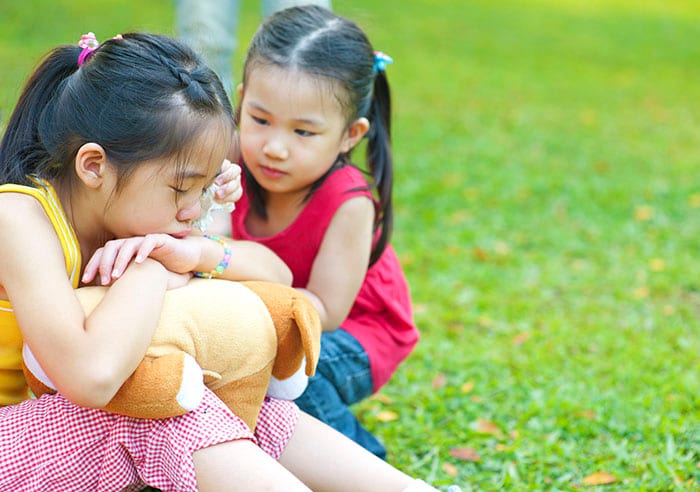
Wanting to share another great article I've read recently, I dug into my archive and found this fascinating piece by Erin Clabough.
She explains that children need to be given the space to learn how to be empathetic, even when that means they will make choices along the way that we wish they hadn't. In order to really teach empathy, we have to allow our children to practice empathy in real time under real circumstances. They need to feel good (or not good) about the choices they've made. The neurology behind why this works is just an added bonus.
Clabough says, "To actively work on empathy, we must teach our children what to do with the feelings and thoughts that get dredged up by social conflict. To begin, we can provide a framework to process the social content — parents can name the emotions and help explain other perspectives.
And parents, then we back off. If we want compassionate acts to be deeply rewarding to our kids, then we have to allow them to pick a course of action on their own terms. And if it all goes wrong, we let them feel what that choice feels like. Afterward, we can provide a framework to process it and help our kids generate lots of alternative solutions. We talk them through the present, but instead of focusing on what went wrong this time, we help them see a clear path to choose differently next time."


